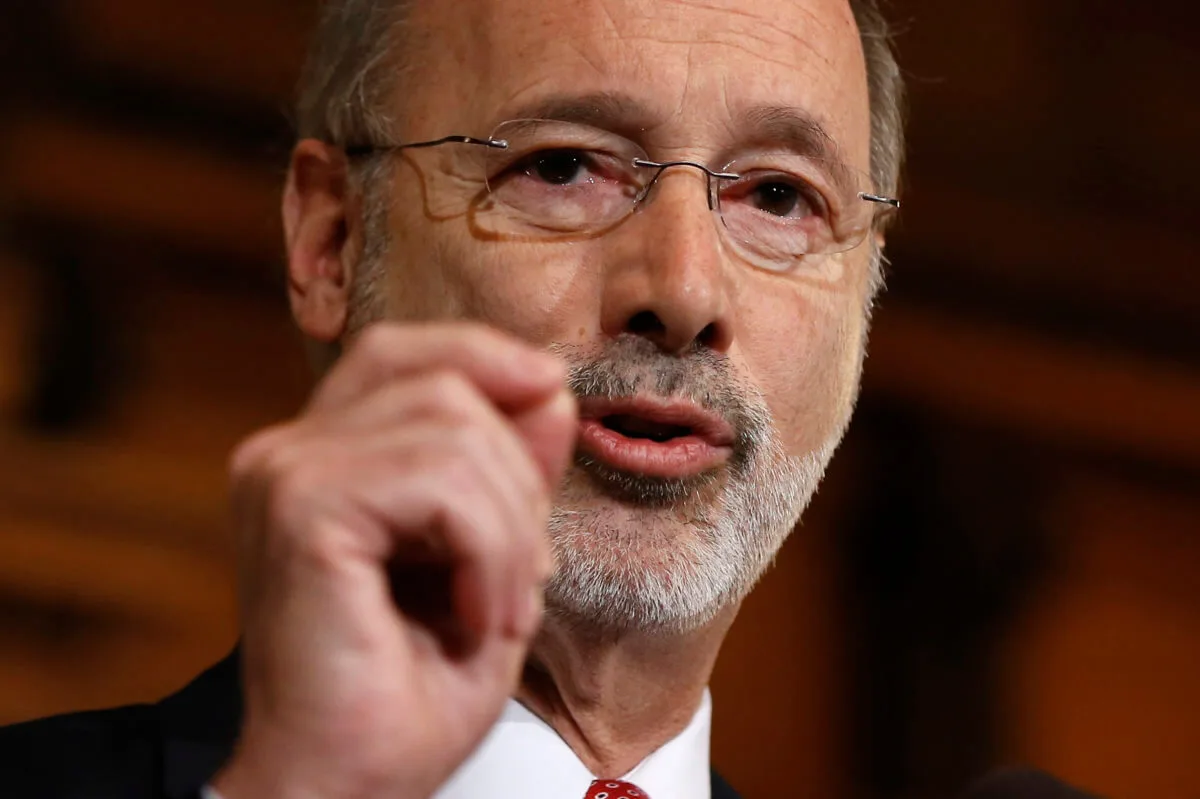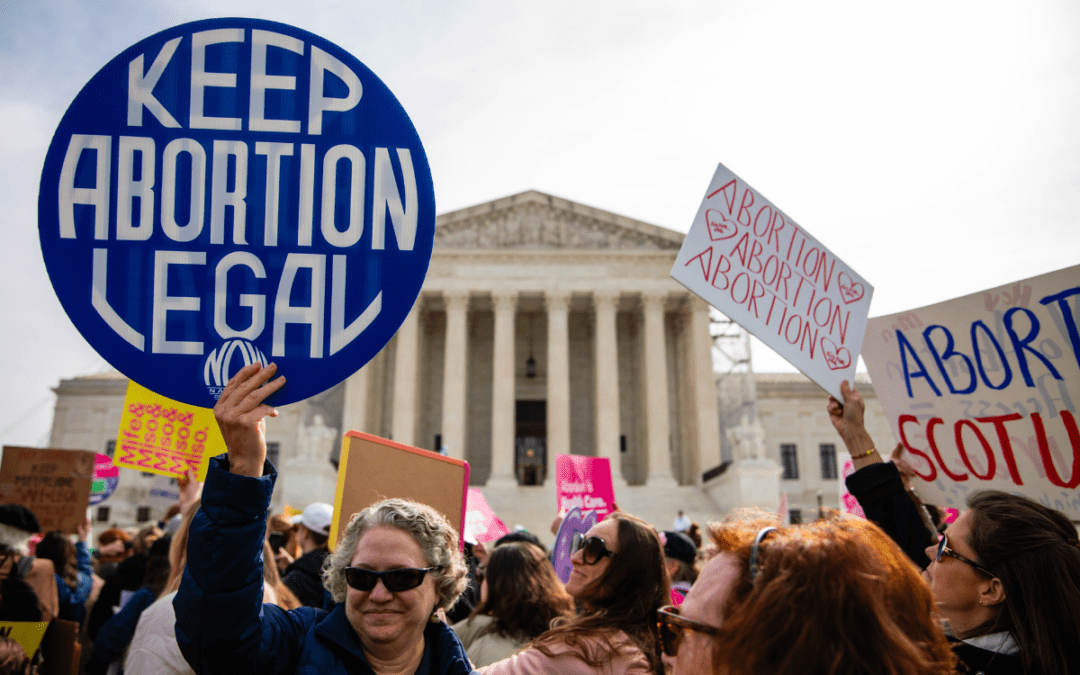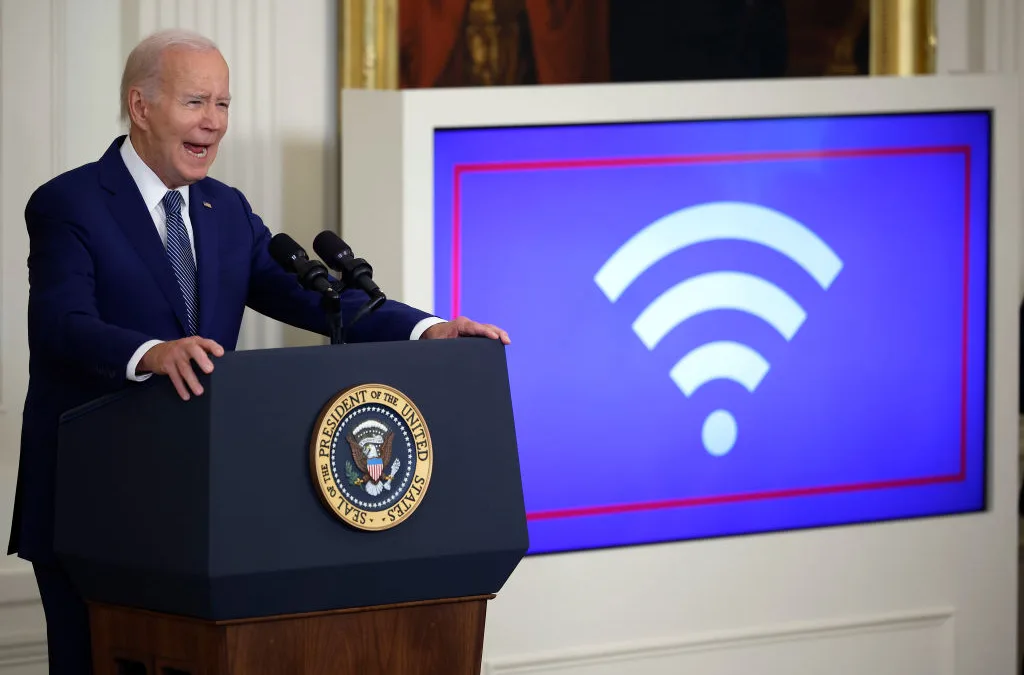
AP Photo/Matt Rourke, File
Researchers have said that the LGBTQ community is particularly vulnerable during this pandemic, both in terms of personal health and economic instability.
Pennsylvania Gov. Tom Wolf will become the first governor to include the LGBTQ community in data the state collects on COVID-19, he announced this week.
Wolf said in a press release that the Department of Health has asked for a system modification from the data collection platform it works with, Sara Alert, that would include information on gender identity and sexual orientation.
“The department has also requested from the eHealth Authority Board that the state’s six health information organizations work to capture sexual orientation and gender identity or expression data from electronic health records that can then be used by health care providers to report their COVID-19 data to the department,” Wolf’s office said in a statement.
Pennsylvania Secretary of Health Rachel Levine, the highest ranking health official in the U.S. to be openly transgender, recently told the Washington Blade said that she’s focused especially on “testing vulnerable communities in minority and underserved communities.”
The LGBTQ data, she added, was “not part of our information system” previously, meaning the state had been unable to determine just how hard the virus was hitting that community more broadly.
The state is currently trying to expand testing in general by working with Rite Aid and CVS, and is currently testing anyone who is symptomatic at the state’s public testing sites, according to the Blade. In Philadelphia, the Mazzoni Center, which provides health and wellness services in an LGBTQ-focused environment, has recently taken on coronavirus testing as well, which provides a supportive environment for LGBTQ people who want to get screened.
Fear of discrimination often drives LGBTQ people to avoid doctors’ offices, so the opportunity to receive care from an LGBTQ-friendly facility is a positive development.
Advocacy groups such as the Human Rights Campaign have called for better federal and state data collection on LGBTQ people and how they are affected by the pandemic. State lawmakers like Democratic New Jersey Assemblywoman Valerie Huttle have also introduced bills that ensure data is collected for LGBTQ COVID-19 patients.
Earlier this month, Huttle introduced a bill that requires hospitals to collect gender identity and sexual orientation information for people who have been treated for coronavirus, including for nonbinary people.
“Without comprehensive demographic data, we do not have the information that we need to adequately understand the extent to which marginalized communities have been impacted by the outbreak of COVID-19,” Huttle said in a statement at the time.
She added that the state had made “great strides” thus far in data collection but needed to “take action to better understand how this pandemic has impacted the LGBTQ community in our state.”
“The bottom line is, we cannot advocate for resources without fully understanding the scope of the problem; this legislation will help to ensure that resources and support will be directed towards those who need them most during this critical time,” she said.
California Gov. Gavin Newsom, a Democrat, has similarly supported an effort by the Legislature that would mandate collection and reporting of sexual orientation and gender identity data for all COVID-19 patients.
Newsom said recently he is in “constant contact” with the lawmaker who introduced it, Democratic State Sen. Scott Wiener, as well as the LGBTQ Caucus, and added that “we hope to have a legislative effort very shortly on my desk that will allow us to move forward by going together.”
On Friday, Wiener praised the steps Pennsylvania is taking to collect more information on COVID-19 and the LGBTQ community.
“This issue is critically important for our community, since LGBTQ people have significant risk factors for COVID-19, including higher rates of cancer, HIV, smoking, and homelessness,” he said in an email. “…Without data, we lack the information we need to ensure we’re addressing impacts of the pandemic on LGBTQ people.”
He also praised Newsom for his assistance in California, calling him a “long-time staunch ally of our community.”
“He gets it and has been clear that he stands with us on this issue,” Wiener said.
It’s unclear exactly how COVID-19 has affected LGBTQ people’s health, as data on the subject is so scarce. But researchers have said that what we do know about LGBTQ people shows that the community is particularly vulnerable during this pandemic, both in terms of personal health and economic instability.
LGBTQ people already faced economic insecurity and health disparities compared to straight and cisgender people before the pandemic began. Twenty-one percent of LGBTQ people in the United States live in poverty, compared to 15.7% of cisgender and straight people, and discrimination in housing and employment puts LGBTQ people in danger of housing insecurity and losing health insurance.
The Centers for Disease Control and Prevention has said people with underlying medical conditions are at higher risk for severe illness from COVID-19. That’s particularly concerning given that the Williams Institute at at the UCLA School of Law recently released a study showing that, out of 1.4 million U.S. transgender adults, 208,500 trans adults have asthma, 81,100 have diabetes, 74,800 are living with HIV, and 72,700 have heart disease.
Published with permission of The American Independent Foundation.
Politics

How Project 2025 aims to ban abortion in Pennsylvania
Former president Donald Trump said abortion was a state’s rights issue recently, but conservative organizations, under the banner “Project 2025,”...

736,000 PA households could lose crucial help on their internet bills
Time is running out for the Affordable Connectivity Program, which provides low-cost high speed internet access for over 736,000 Pennsylvania...

What to know about Trump’s legal issues
Over the past year, former president Donald Trump has become the center of not one, not two, not three, but four criminal investigations, at both...
Local News

Conjoined twins from Berks County die at age 62
Conjoined twins Lori and George Schappell, who pursued separate careers, interests and relationships during lives that defied medical expectations,...

Railroad agrees to $600 million settlement for fiery Ohio derailment, residents fear it’s not enough
Norfolk Southern has agreed to pay $600 million in a class-action lawsuit settlement for a fiery train derailment in February 2023 in eastern Ohio,...





